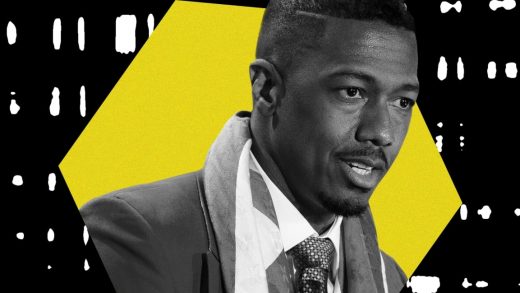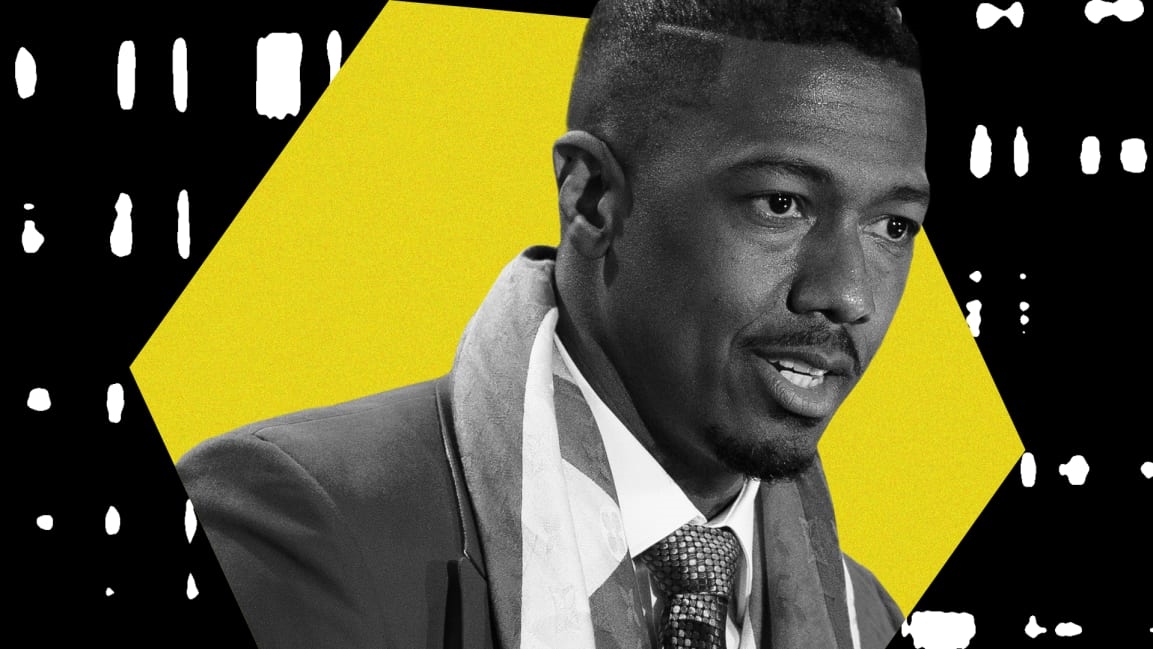Nick Cannon speaks out on his controversial interview: “I want to be corrected”
Nick Cannon drew sharp criticism over the weekend for a recently surfaced video that contains anti-Semitic theories and rhetoric.
On an episode of his videotaped podcast Cannon’s Class, Cannon was in discussion with former Public Enemy member Richard “Professor Griff” Griffin, who was kicked out of the rap group in 1989 for making anti-Semitic comments during an interview with the Washington Post where he was quoted as saying Jews were responsible “for the majority of wickedness that goes on across the globe.”
The controversy diminished the debut of the latest series in Cannon’s growing TV empire, E!’s Celebrity Call Center, part of his burgeoning media empire.
Although Griffin says that his viewpoints weren’t rooted in hate, he asserts that the Semitic people and language have nothing to do with white people, therefore calling a Black person anti-Semitic is a fallacy. Cannon called Black people the “true Hebrews,” and he also praised Nation of Islam leader Louis Farrakhan, who has been labeled by both the Anti-Defamation League and the Southern Poverty Law Center as anti-Semitic and anti-gay. Cannon claims that “every time I’ve heard him speak, it’s positive, it’s powerful, it’s uplifting,” and yet Farrakhan has been “demonized.”
Shortly after releasing his initial statement amid the backlash on Monday, Cannon spoke with Fast Company.
“There’s no malice or negative intent, but in a time like 2020 we got to have these conversations,” he says. “And if there’s an assumption that is perceived as ignorant, let’s debunk it right away.”
Cannon says that a few rabbis have reached out since the controversy kicked up and that he plans to have them on his podcast.
“My podcast is specifically an academic podcast to have tough and difficult conversations based off of text. And if we read something and something’s not accurate, let’s do away with it,” Cannon says. “I can’t wait to sit down with some people that can help educate me and help further this conversation. I want to be corrected.”
In reference to condemning hateful rhetoric but praising a figure such as Farrakhan, Cannon likens the dichotomy to his relationship with his televangelist father, who passed away in 2016.
“I love my father unconditionally. There are some things that he raised me with that are powerful and that I hold to. And there are some things where I’m like, I don’t agree with none of that,” Cannon says. “I can’t be responsible for however long Minister Farrakhan has been ministering and things that he said. That is his voice and his fight. I can only be held accountable for what I’ve seen and what I’ve heard.”
“I just want to focus on the positive aspects,” Cannon continues. “But I condemn any hate speech. I don’t care who said it. I don’t care if my dad said it. I don’t care if Farrakhan said it. If anyone is saying something hateful or demonic, I don’t support that at all.”
In addition to the backlash from his initial interview, Cannon also faced some criticism for his statement that some people have called a non-apology.
“To me apologies are empty. Are you forcing me to say the words ‘I’m sorry’? Are you making me bow down, ’cause then again, that would be perpetuating that same rhetoric that we’re trying to get away from,” Cannon says. “What we need is healing. What we need is discussion. Correct me. I don’t tell my children to say, ‘I’m sorry.’ I want them to understand where they need to be corrected. And then that’s how we grow.”
“You can say sorry in as many different languages as you want to, and it means nothing,” Cannon continues. “But until someone truly understands where they may have been wrong or where they may have offended someone, then that’s where growth occurs.”
Fast Company , Read Full Story
(17)



